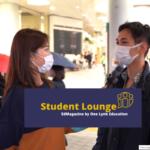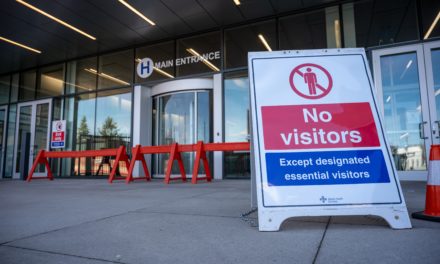
Recovery of tourism, travel restrictions and the education sector

“While much has been made in making safe international travel a possibility, we are aware that the crisis is far from over.”
Zurab Pololikashvili (UNWTO Secretary-General)
In recent years the number of students studying abroad increased globally, both in students who study longer programmes in higher education institutions and the students learning a language abroad.
If we define educational tourism as tourism where travellers go abroad with the purpose of learning, we can consider the international students as educational tourists. Unarguably, they are a contribution to the countries where they decide to study, economically and socially.
The recovery of tourism as a whole from the challenges of the pandemic will bring recovery to all travel sectors involved such as educational travel.
According to the latest data from the World Tourism Organization (UNWTO), 2020 was the worst year recorded for global tourism seeing a 74% drop in international arrivals. Due to the travel restrictions, the countries worldwide welcomed 1 billion fewer international arrivals in 2020 than in the previous year.
Countries, companies and travel associations put an effort to restart the physical experience of travelling safely but with still so many travel restrictions and new variants spreading, the crisis is still not over and the process of recovery cannot be entered fully but rather with a cautious approach.
UNWTO Secretary-General Zurab Pololikashvili said: “While much has been made in making safe international travel a possibility, we are aware that the crisis is far from over. The harmonization, coordination and digitalization of COVID-19 travel-related risk reduction measures, including testing, tracing and vaccination certificates, are essential foundations to promote safe travel and prepare for the recovery of tourism once conditions allow.”
UNWTO leads the recovery of the sector, it tries to provide all the information and data to make the data-driven decisions for sustainable, strong and resilient recovery.
Its latest Travel Restrictions Report provides an overview of the regulations in place in 217 destinations worldwide. Previous reports had shown a move towards easing the travel restrictions, but the latest one looks at the continuous seriousness of the epidemiological situation which is leading the governments of countries worldwide to approach the task of easing the restrictions more cautiously.
The beginning of February saw one in three (32%) destinations worldwide completely closed for international tourism but at the same time, the report reveals a trend towards adopting new evidence and risk-based solutions such as a test provision on arrival. An increasing number of destinations now require international tourists to present a negative PCR or antigen test when they arrive and submit the pretravel passenger locator forms with address and contact details while in the country. 32% of all worldwide destinations set the presenting of negative Covid-19 test as a none of the main requirements for international arrivals.
The recovery process for the educational travel sector and tourism globally will still need loads of time and effort therefore the work and cooperation with all the stakeholders involved is important from data reports, through innovative thinking and planning, to making steps towards implementation.
























